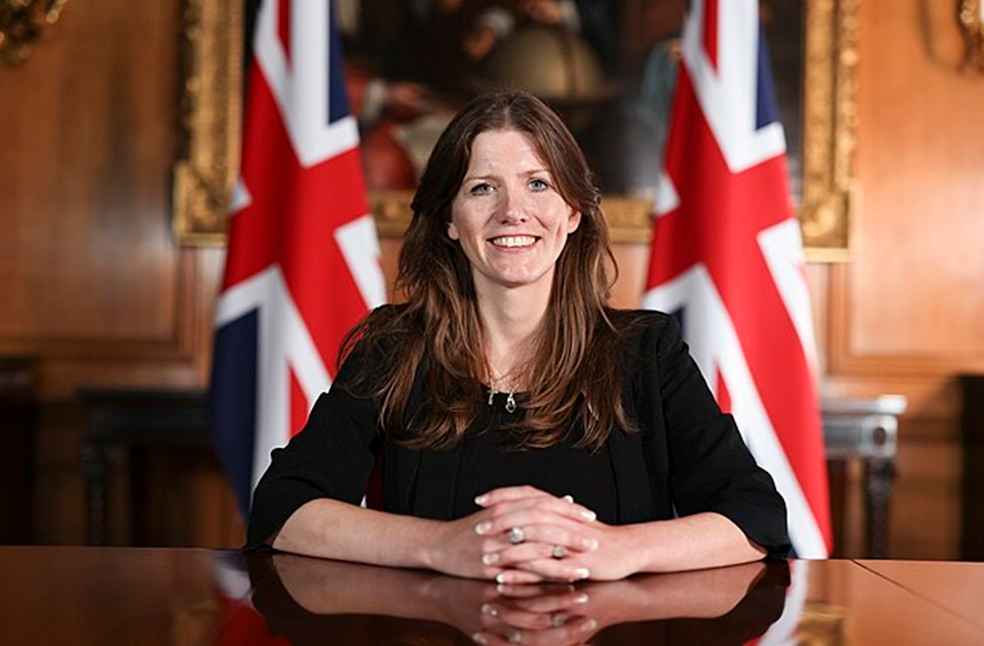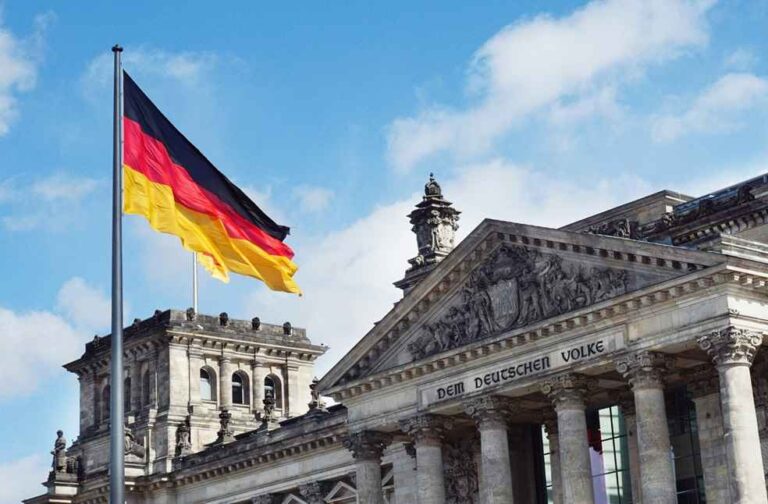United Kingdom: The governments of Germany and the United Kingdom have joined hands to turbocharge science and research ties. New partnership plans for a joint group of scientific and research experts are part of shared measures announced by the UK and Germany.
Michelle Donelan, the UK Secretary of Science and Technology, and Bettina Stark-Watzinger, the German Federal Minister of Education and Research, are set to make a joint announcement in London. They will be signing a declaration of intent, committing both countries to strengthening their science and research links.
Officials from both countries are meeting to discuss and identify opportunities for research and development collaboration. The forum will include prominent members from science and research communities such as the Max-Planck Society, the Royal Society, Universities UK, and the Helmholtz Association. The discussions will cover various areas of technology such as quantum, AI, clean energy, and security research. The UK and German governments will launch a Strategic Working Group to develop concrete plans for delivering the ambitious goals.

Michelle Donelan said that, “Germany is the UK’s second-largest trading partner, as well as a critical science and research partner through the likes of Horizon Europe and CERN. To capitalise on this, bringing our shared strengths in science and technology together will be essential. By supporting our brightest minds and leading institutions to work together, we will maximise the opportunities for them to create new jobs, build new businesses, and ultimately deliver a better quality of life for us all.”
Bettina Stark-Watzinger stated that, “The United Kingdom with its excellent research and its renowned science institutions, universities and companies is one of Germany’s key partners. In the face of current challenges, it is all the more important that we move ahead together and prepare the ground for joint research solutions.”

“The UK’s association with Horizon Europe is a major step in this direction. But we must also deepen bilateral cooperation. Today’s exchange of views together with the science communities in Germany and the UK is only the beginning. Our Joint Declaration of Intent provides the basis for good and close cooperation to strengthen science and research,” Stark-Watzinger added.
Germany is the UK’s largest research partner in Europe and the second-largest globally, after the United States. Both countries collaborate with international scientific organisations such as the Conseil Européen pour la Recherche Nucléaire or European Council for Nuclear Research (CERN), the European Laboratory for Particle Physics, and the European Space Agency.
To strengthen the relationship between the United Kingdom and Germany, the UK government plans to European Council for Nuclear Research explore the possibility of using funds from the £377 million International Science Partnerships Fund to support collaborations between UK researchers and innovators and their German counterparts on important projects.

The British Academy and the German Council on Foreign Relations (DGAP) will award two Global Innovation Fellowships. To be hosted at DGAP’s headquarters in Berlin, these fellowships will back collaborative work on the changing dynamics of the global order. Another round of fellowships will be announced later this year.
Germany’s Alexander von Humboldt Foundation and the British Academy will host three symposia over the next three years, bringing together early career researchers from both countries to enhance joint work in the humanities and social sciences.
The UK and Germany collaborate on research projects such as Horizon Europe, the world’s largest research collaboration program. UK and German scientists have worked together in the past on projects such as EAVI2020, which brought HIV-AIDS vaccines to the clinical trial stage. Imperial recently renewed their partnership with Germany’s Technical University of Munich to work on AI, health, and sustainability.
The move contains an international campaign promoting partnerships between European firms and UK companies qualified for Horizon Europe grants. The UK is partaking in the Copernicus component of the EU space programme, delivering possibilities for the Earth observation sector, researchers, and the public. The United Kingdom recently signed bilateral science deals with France and Saudi Arabia, among others.



